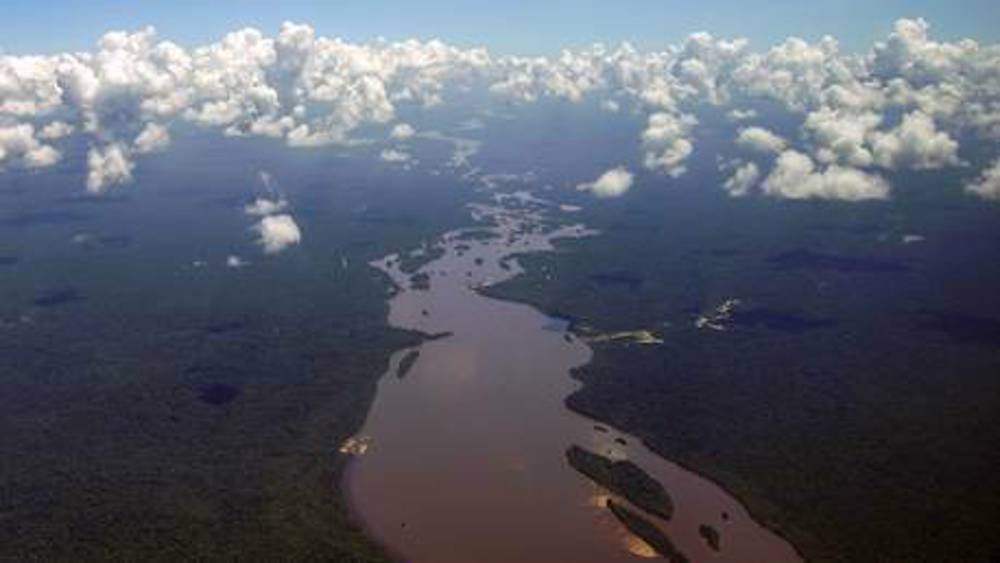Venezuelan Foreign Minister Yvan Gil says the United States intends to establish a military base on a disputed territory between Venezuela and Guyana called Essequibo, stressing that Washington seeks to take control of oil resources in the region.
“We condemn the intention of the US government to militarize the situation [in Essequibo]. The Southern Command is trying to create a military base in the disputed territory in order to create the spearhead of its aggression against Venezuela and seize our energy resources,” Gil said at the UN General Assembly on Sunday.
He further noted that the Venezuelan parliament has passed a referendum protecting the sovereign territory from US aggression, adding that Washington is again trying to interfere in the 200-year-old territorial dispute between the two South American nations.
“The US government seeks to appropriate our oil resources by using the company Exxon Mobil, which has incorporated the government of Guyana into its ranks,” he said.
Guyana and Venezuela have been engaged in a long-standing dispute over Essequibo, an area of 160,000 square kilometers that is administered by Georgetown but claimed by Caracas. The region is rich in oil and gas, especially in offshore areas.
The former British colony sees its current borders, established by a court of arbitration in Paris in 1899, as accurate.
But Venezuela insists that the Essequibo River to the east of the region is the more natural border between the two countries, as was the case in 1777.
In 2018, Guyana asked the International Court of Justice (ICJ) in The Hague to resolve the dispute and ratify the current borders.
Back in April, the ICJ ruled it had jurisdiction over the issue, which could determine which country has rights to territory rich in oil and gas, especially offshore.




